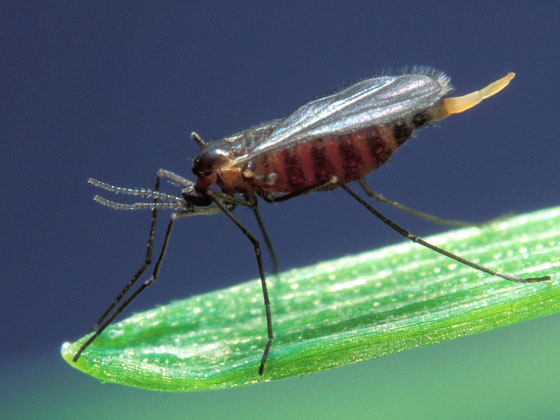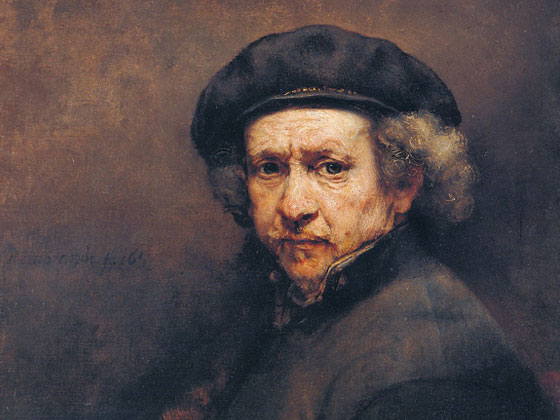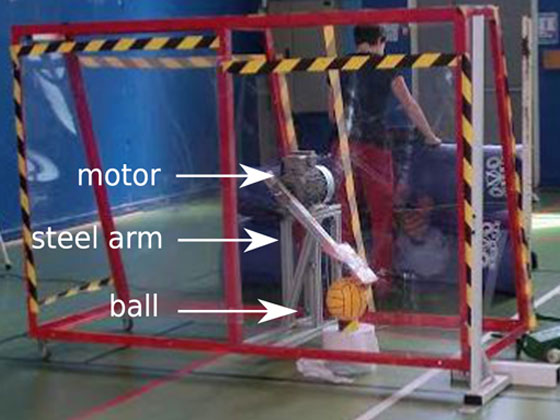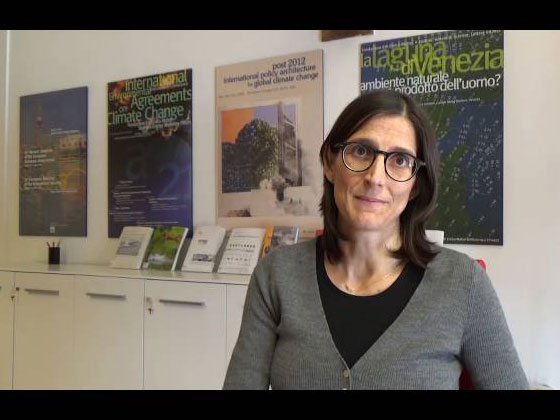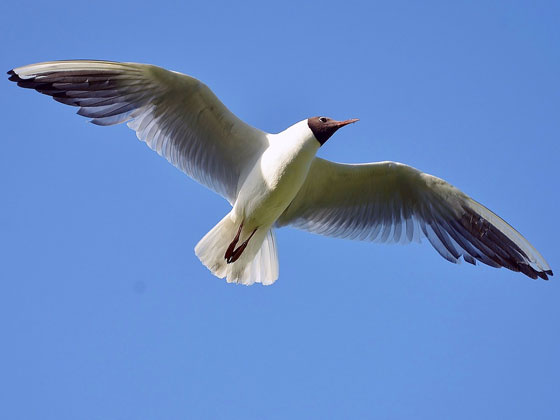Research News
-

Collective hum: buzzing midges inspire new swarm theory
Scientists propose ‘adaptive gravity’ as a versatile model for collective animal behaviour A team of researchers based in Israel and the US has found a mathematical resemblance between swarm dynamics and gravitational interactions. The study, which has just been published in the New Journal of Physics, could provide a big leap forward in understanding the […]
-

Did cutting edge optics help Rembrandt draw self-portraits?
Rembrandt and many other of the Old Masters may have used cutting-edge optics to aid their self-portraits. This is the conclusion drawn by two independent researchers, who publish their results in the Journal of Optics.
-

Solar panels study reveals impact on the earth
Researchers have produced the first detailed study of the impact of solar parks on the environment, opening the door to smarter forms of farming and better land management.
-

Knuckleball machine delivers soccer science
Wind tunnel and high-speed camera data help researchers to explore the zigzag secrets of one of football's most unpredictable shots and provide clues to much older scientific mysteries.
-

Climate change impacts could amplify global inequalities even under ambitious GHG emission reduction policies
Researchers have authored an article in the international journal Environmental Research Letters on the possible consequences of climate change mitigation and adaptation policies on global inequalities.
-

Publicly donated computing helps researchers assess heatwave risks associated with climate change
Combining climate and mortality data, researchers have estimated that 315 deaths in Greater London and 735 deaths in Central Paris can be strongly linked to the 2003 heatwave.
-

KM3NeT unveils detailed plans for largest neutrino telescope in the world
KM3NeT – a European collaboration pioneering the deployment of kilometre cubed arrays of neutrino detectors off the Mediterranean coast – has reported in detail on the scientific aims, technology and costs of its proposal in the Journal of Physics G: Nuclear and Particle Physics.
-

Radical pair analysis overcomes hurdle in theory of how birds navigate
Reporting their results in the New Journal of Physics, scientists have taken a step forwards in unravelling the inner workings of the avian compass – a puzzle that has captivated researchers for decades.
